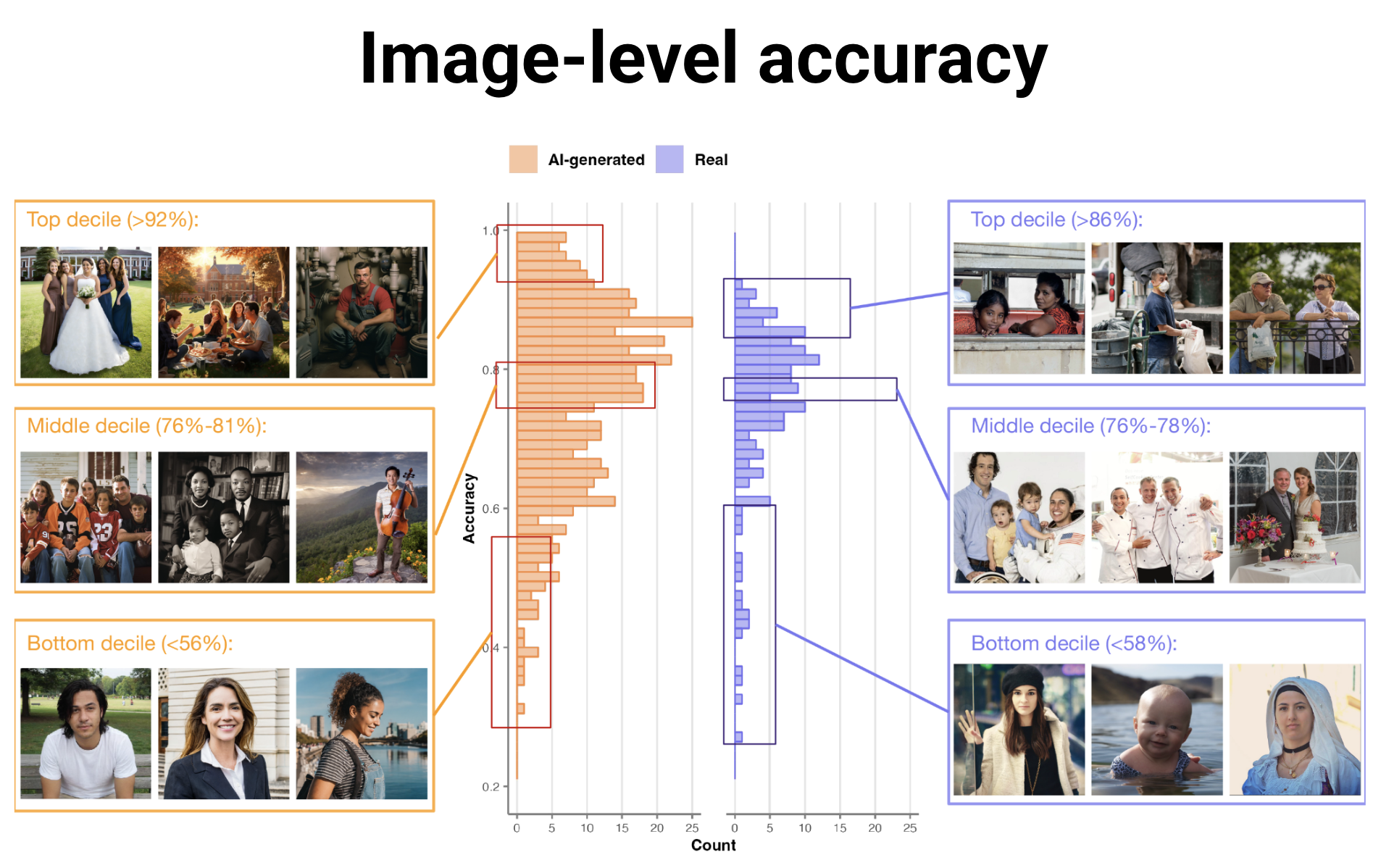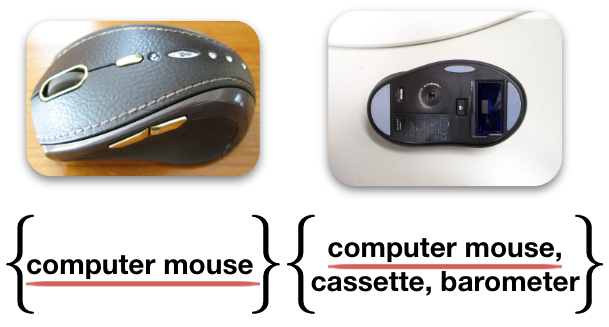I am a fourth-year Ph.D. student in Computer Science at Northwestern University, advised by Matt Groh and Jessica Hullman. My research focuses on how humans understand and interact with advanced AI systems – from detecting AI-generated media to making better decisions with AI assistance. I am broadly interested in AI alignment, mechanistic interpretability, and building tools that help people reason effectively about AI outputs.
Before my current PhD, I completed a Ph.D. in Computational Mechanics, where I developed numerical methods for nonlinear wave propagation PDEs. I also have industry experience as a Software Developer and Automation Expert. This paper sparked my decision to return to academia and study human-AI collaboration.
Research Interests
- Human-AI Interaction & Decision-Making – How do people use (and misuse) AI advice?
- AI-Generated Media Detection – Understanding what makes deepfakes convincing and how to help people spot them
- AI Alignment & Mechanistic Interpretability – Making AI systems more transparent and aligned with human values
- Uncertainty Quantification in ML – Conformal prediction and calibrated uncertainty for human-facing AI
Selected Publications

Negar Kamali, Karyn Nakamura, Aakriti Kumar, Angelos Chatzimparmpas, Matthew Groh.
CHI 2025. | Paper | Demo video

Negar Kamali, Karyn Nakamura, Angelos Chatzimparmpas, Jessica Hullman, Matthew Groh.
arXiv preprint, 2024. | arXiv

Dongping Zhang, Angelos Chatzimparmpas, Negar Kamali, Jessica Hullman.
CHI 2024. | Paper
Best Paper Honorable Mention
Miscellaneous
I enjoy long-distance running. I have run the Chicago Marathon four times and the Berlin 50th BMW Marathon once.
